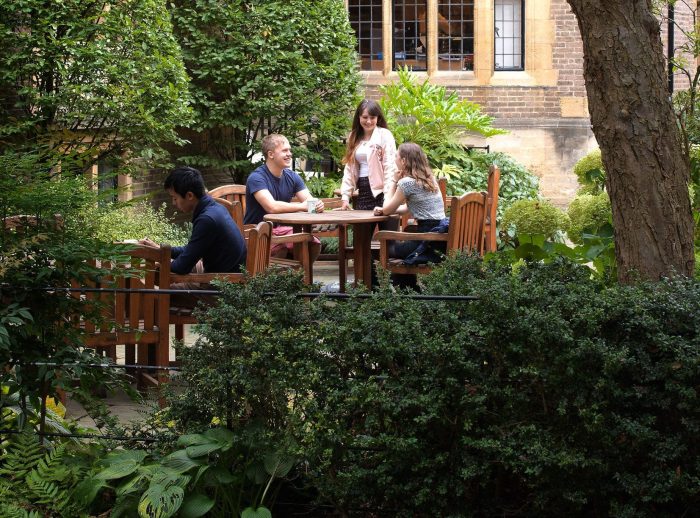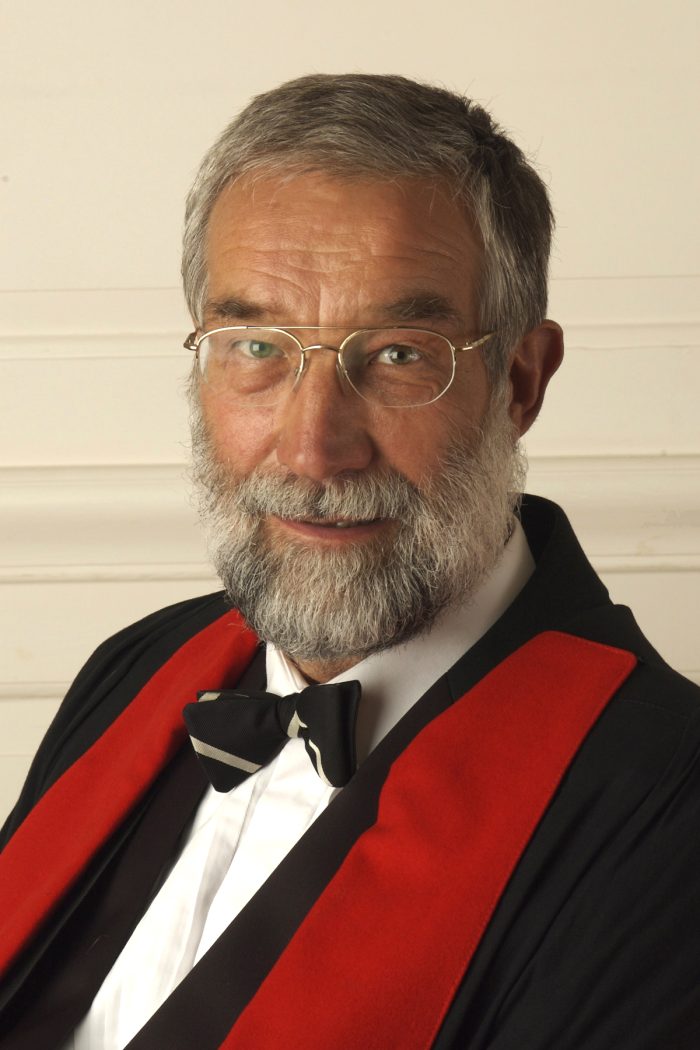Student Support
Providing Opportunities
Purpose: to ensure that no talented individual is excluded because of financial circumstances and that no student experiences financial hardship whilst in residence.
Current focus:
- funding for postgraduate studentships
- increasing our student support funds so we can offer “top up” bursaries
Why support students?
It is important for us to ensure we have sufficient funds for student support so that no talented individual is prevented from attending because of financial background and no student suffers financial hardship whilst in residence. We believe financial worries should not impact on a Trinity Hall student’s Cambridge experience.
Until 1998 many students received a Cambridge education for free: local education authorities provided grants for living costs and the central government covered tuition costs. Today, students have to pay tuition fees of £9,000 per year and many take out loans to cover their living costs. It is not unusual for undergraduates to leave University with debts of £50,000.
Typically, at Trinity Hall, every year around one-third of resident members will benefit from some form of financial support from the College, on top of the investment the College makes in subsidising every student’s teaching costs. Over £500,000 was spent last year on postgraduate and undergraduate student support. It is vital that we continue to ensure we have sufficient funds available.

Types of student support
There are four types of student support:
- Studentships – to cover the costs of all fees or part fees and/or maintenance for new students
- Hardship Grants – to provide hardship funding for current students, as a result of unexpected financial difficulties
- Awards – to support extra-curricular activities ie travel and sport and research-related activities
- Prizes – to reward academic excellence
Donations can be made to the Trinity Hall Fund for student support which will help students in the next academic year, or used to endow student support funds which can offer grants in perpetuity.
Postgraduate student support
With undergraduates now paying tuition fees, and typically ending their courses heavily in debt, there are concerns that those with the potential to benefit from postgraduate study will rule it out, risking our ability to train new researchers and make important discoveries.
A large proportion of the College’s postgraduate applicants are sufficiently qualified to meet the University’s exacting standards, but do not have the financial resources to take up that place. It is estimated that every year Trinity Hall loses around 40% of its postgraduate applicants due to a lack of funding.
Fully funded postgraduate studentships are limited and we currently fund 8 postgraduates each year. A full postgraduate studentship requires an annual income of between £20,000 to £35,000, depending on the course and fee status, and is required annually for a three to four-year period for a PhD. Donations can be made for Masters students each year, but it costs £1million to endow a named graduate studentship fund. We recognise that this represents a significant commitment, but for those who are able to consider a gift of this type, there are currently a limited amount of matched funds available from the University. This means that a donation of £750,000 to the college for a newly endowed PhD studentship will be topped up by £250,000 from the University.
Making a legacy pledge in your Will can be one of the most meaningful ways to show your support for Trinity Hall and its students, ensuring the causes you believe in today will continue into the future. If you would like to discuss how a gift in your Will can be used to support a postgraduate studentship, please contact the Development Director or Philanthropy Officer at development@trinhall.cam.ac.uk or by telephone on 01223 763010.
In addition to fully funded studentships, the College is committed to supporting all of our postgraduate students as much as possible by offering additional funding for those struggling with financial pressures.
“ Without a studentship I would not be able to undertake my studies at Cambridge. I use it to pay my University and College fees, rent and general living costs. With research councils cutting down on graduate awards, I am fully dependent on donations to allow me to carry out my research. ”
— Postgraduate student

The Christopher Padfield Fund
The Christopher Padfield fund will be used to support postgraduates in a variety of ways:
- Offering tenth term funding for PhD students
- Providing part-studentships
- Providing research grants
- Enabling academic events within College for the MCR and postdoc communities
Launched in November 2023, The Christopher Padfield fund has currently raised over £50,000 from more than 60 donors.
If you would like to make a gift to support postgraduate students you can do so using our online donation form. Please select The Christopher Padfield Fund for postgraduates from the drop-down menu.
“ Christopher loved being Graduate Tutor at Trinity Hall. He found the role deeply rewarding. He was always very conscious that support at the right moment, whether academic, financial or pastoral, could be crucial in tipping a student’s experience in a positive direction. He would be so thrilled that this Fund is being launched in his memory. ”
— Professor Nicola Padfield
Research expenses
We aim to raise £40,000 for postgraduate student support through our telephone campaign and mailings during the year. This is used during the following academic year to enable postgraduates to attend conferences and present their findings to a wider academic community, to further their research.
Undergraduate prizes
Prizes are typically awarded annually to an individual based on their performance in Tripos exams in the summer, and thereby reward students for their hard work throughout the year. Endowing a College prize is an excellent way to ensure hardworking students benefit directly and is an ideal way to preserve a name, whether yours or a family members, in perpetuity.
Typically £100 is awarded annually or £4,000 can endow a named prize fund.
However, we want to ensure there is no discrepancy between subjects; some undergraduate subjects are missing prizes and our aim in 2016 was to ensure all subjects have an endowed prize within the next four years. We have almost achieved our target. We are currently missing a prize in chemical engineering.
